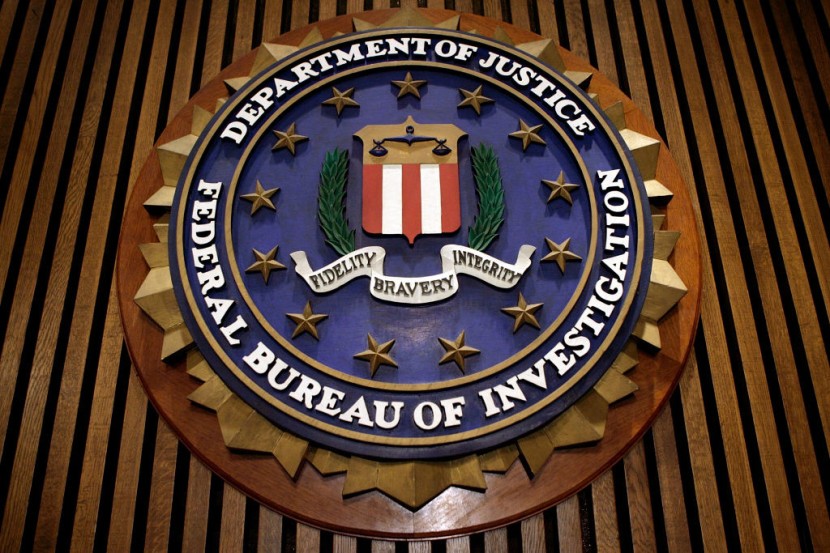
Two Americans are accusing the Federal Bureau of Investigation of losing or stealing property seized from them in a raid.
Institute for Justice attorney Joe Gay told Fox News that all they knew was that their client's belongings had been in a locked box. They have no idea what occurred after the FBI opened it.
On behalf of individuals whose possessions were confiscated by the FBI from their safety deposit boxes during a raid on US Private Vaults in Beverly Hills in March 2021, the Institute for Justice filed two complaints on Friday, September 22.
US Private Vaults, the subject of an FBI investigation, was forced to close after the 2021 raid and later admitted responsibility for a cocaine money laundering operation.
Missing Cash and Gold Coins
After winning in court and having the FBI agree to restore their belongings, Don Mellein and Jeni Pearsons found that some of their belongings were gone. They blame the FBI's sloppy raid or sticky fingers for the loss.
Mellein, a 79-year-old retiree from government service, used the box to store hundreds of thousands of dollars in cash and 110 gold coins.
Pearsons and her husband, Michael Storc, like many other people, hid roughly $20,000 in silver and $2,000 in cash in a safety deposit box in 2017.
Neither Mellein nor Pearson faced any criminal charges.
Through a procedure known as civil forfeiture, the FBI took possession of the property of Mellein and Pearsons and 1,400 other customers and then notified them of their intention to retain ownership of the property.
Retrieval of Belongings
Pearsons worked with the Institute for Justice to pursue compensation for her stolen possessions, while Mellein retained legal counsel at a cost of $40,000. They both ultimately succeeded, but when visiting the agency's Los Angeles headquarters to collect their belongings, they discovered that some of their possessions were missing.
The money in Mellein's box was returned to him, but none of his 110 gold pieces were. The FBI did not seem to have any record of the lost coins since they were not included in the inventory of his box.
In August 2021, Mellein filed a lawsuit against the government to compel the return of the coins. After many months, the government located and returned 47 of them but informed Melleine he needed to drop his case and submit a claim with the FBI in order to recover the other 63.
After Mellein filed his claim in March 2023, the FBI notified him it had examined itself and found no wrongdoing or carelessness.
Pearsons also found that her box containing $2,000 in cash was empty when she tried to retrieve her belongings in 2021.
The cases filed by the Institute for Justice seek to restore Mellein and Pearson's property and to provide victims of civil forfeiture with the legal recourse they need to hold government entities accountable when their property is taken without due process.
© 2025 HNGN, All rights reserved. Do not reproduce without permission.








